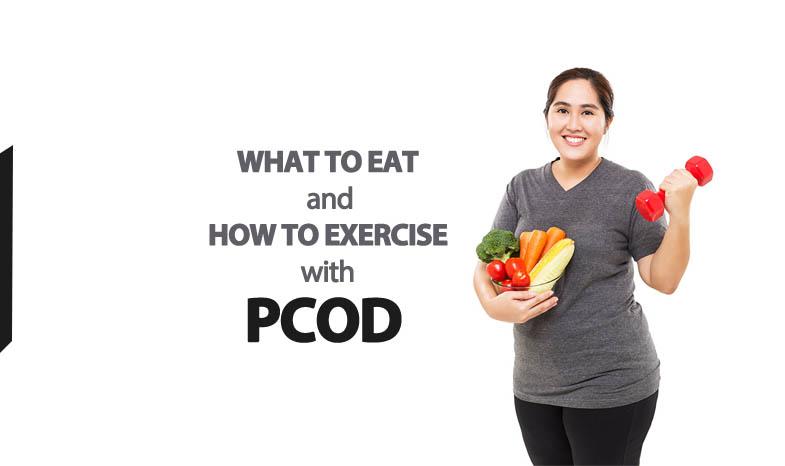Polycystic Ovarian Syndrome Diet - What Works
 PCOS, or polycystic ovarian syndrome, causes formation of cysts along the ovaries due to a hormonal disorder. While certain factors seem to assist in its development, such as an excess of insulin (another hormone), the exact cause is unknown. Insulin assists the body in using glucose for energy and can also store the glucose in fat for later use. Because of this, some experts believe that eating a particular diet might help PCOS symptoms improve, especially if the diet manipulates carbohydrate intake in some way. Carbohydrates are used in the body primarily as glucose.
PCOS, or polycystic ovarian syndrome, causes formation of cysts along the ovaries due to a hormonal disorder. While certain factors seem to assist in its development, such as an excess of insulin (another hormone), the exact cause is unknown. Insulin assists the body in using glucose for energy and can also store the glucose in fat for later use. Because of this, some experts believe that eating a particular diet might help PCOS symptoms improve, especially if the diet manipulates carbohydrate intake in some way. Carbohydrates are used in the body primarily as glucose.
Many diets today list carbohydrates as either "good" or "bad" and help you make the distinction by long lists of foods to avoid or eat in abundance. Wouldn't it be easier to eat a natural polycystic ovarian syndrome diet? By this we mean not cutting out certain foods or following fad diets.
A good PCOS diet plan has several features that make it work. First off, start by realizing that all foods are needed as part of a healthy diet. Does that mean you can go wild on carbohydrates? No. But you should enjoy them in moderation as part of an overall meal plan.
Work on enjoying carbohydrates higher in fiber, which helps slow down the release of the glucose stored in the food. It makes the food last longer in your body and reduces the amount of insulin produced. Find the fiber content on the food label and shoot for foods with 4 or more grams per serving.
Second, aim for healthy lean protein. Cut out fatty cuts of meat and ground beef if you are able. Ground chuck or ground sirloin are much healthier and provide a good balance to your newfound high fiber intake. Try new ideas with beans, legumes, eggs and soy! All are great sources of protein. Protein helps keep you balanced and your energy levels high. Eat moderate amounts of lean protein at each meal and you will also feel full longer.
Third, watch the fats. Try to use omega-3 or omega-6 fats such as olive oil or canola oil. Enjoy nuts and seeds a few times a week for a healthy heart but keep the portions under control. Fat is fat whether it is heart healthy or not! It can still pack on the pounds.
Fourth and finally, get that rainbow in every day. Eat different colored fruits and vegetables as much as possible. You can use fresh, frozen or canned; just remember if you use canned vegetables to rinse the vegetables well. Canned fruit should be in light syrup.
They can be healthy options for those who don't have enough fridge or freezer space or simply don't want the hassle of fruit and vegetable preparation. Fresh is still best though! Fruits and vegetables are technically carbohydrates and will raise insulin levels so be careful not to go overboard, especially on fruit.
A healthy polycystic ovary syndrome diet doesn't have to be a pain. With a few simple changes and a plan in place you could reduce symptoms, lose weight and feel great!
